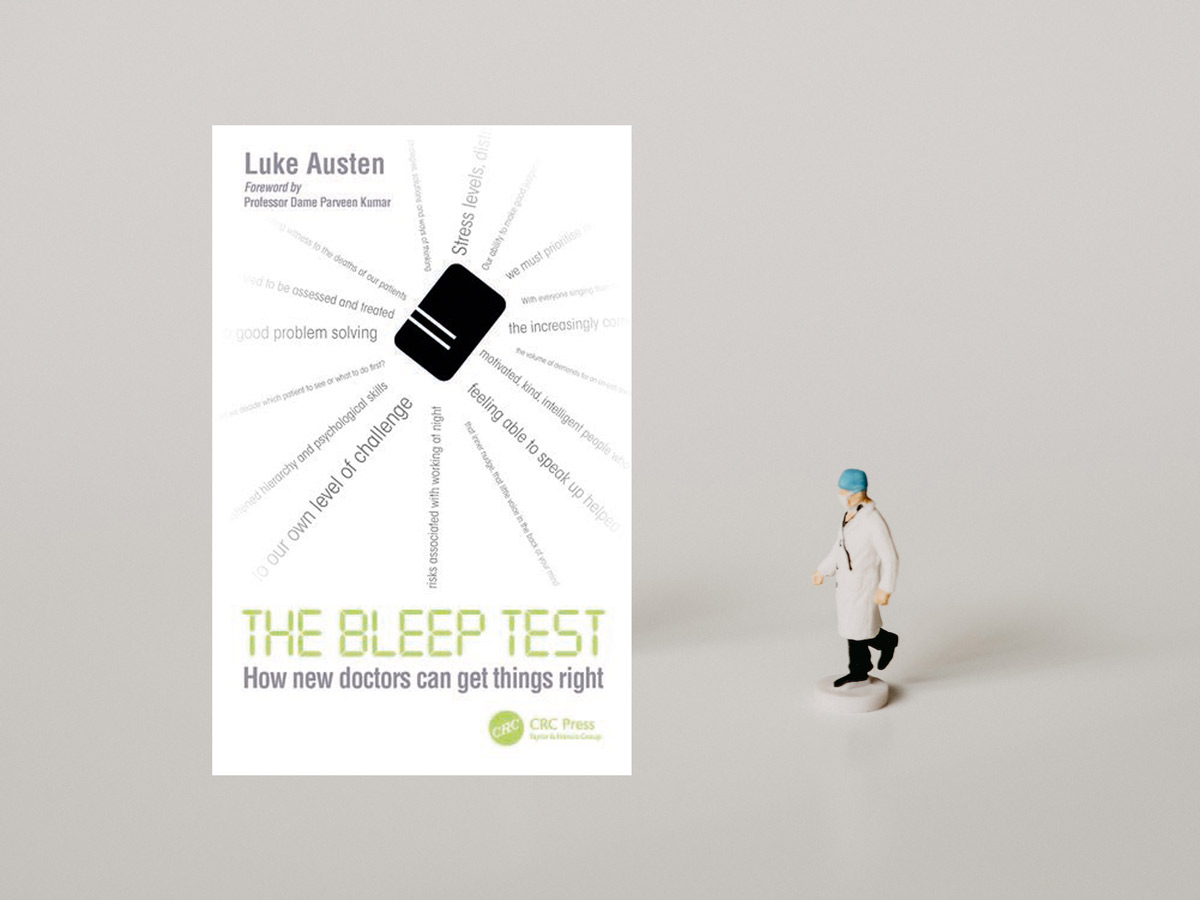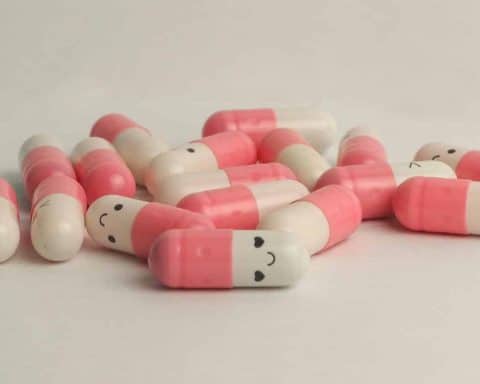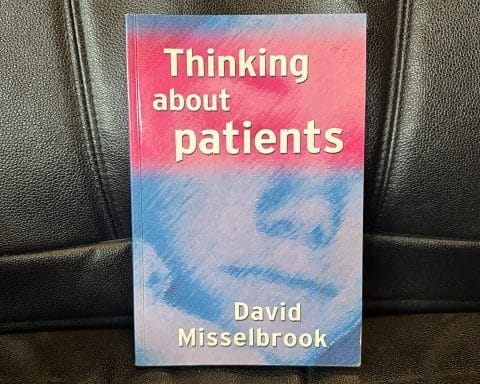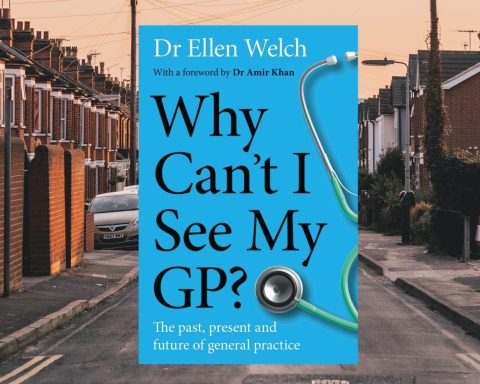Roger Neighbour is a retired GP, author, and a past President of the Royal College of General Practitioners.
Who’d be a newly-qualified junior doctor, eh? When I was one, about a century ago, I soon realised that remembering the medicine was actually the least of my worries. A far greater challenge was trying to remedy – or at least conceal – my total unpreparedness for the reality of working on the wards.
I needed to know, but hadn’t been taught, how to do five things at once, all of them urgent. How far out of my depth to get before asking the registrar for help. Whether any action I took would turn out to be something I’d get blamed for.
“… Luke Austen has done something constructive with his stress and distress.”
And always there was the bleep, holding ambivalent sway over every aspect of my life. On the one hand, it was the hard-won emblem of my status as a fully-fledged professional, and I wanted to be worthy of it. On the other, I was its slave, its victim, constantly praying that its next imperious summons would be to something I could cope with. A kind of Stockholm syndrome developed as I fell half in love with my electronic oppressor.
But it’s different nowadays, isn’t it? We’re much more responsive to the emotional needs of young doctors, aren’t we? They work in collaborative teams now, not pecking orders. Their working hours are civilised; they have clinical protocols to guide them, communication skills training, Schwartz rounds, and mentoring schemes. When things go wrong, where once there was criticism there is now education. There’s no reason – is there? – for today’s new doctors to feel anything other than valued and supported as they find their feet in the early years of their careers.
If only. Notwithstanding genuine attempts to make the transition from medical student to junior doctor as painless as possible, the fact remains that the lived experience of many new recruits to our profession is as lonely and confidence-sapping as ever it was.
Hear it from the horse’s mouth. Still in the first few years of his career in hospital medicine, Luke Austen has done something constructive with his stress and distress. He has documented it, reflected on it, and pondered on what might have helped him and what might in turn help others.
“It’s a guide to, and guide through, the hidden curriculum of untaught competencies … “
The result is this honest, insightful, and compassionate book. It’s a guide to, and guide through, the hidden curriculum of untaught competencies without which a new doctor’s life can become a Kafka-esque nightmare of self-doubt.
Early chapters deal with how a ‘to-do’ list can be safely prioritised; how to handle the practical and emotional consequences of clinical errors; how to cope with the fatigue and isolation of night shifts; and how to ask for help from colleagues when it’s needed.
Austen is not afraid to draw on his own vulnerabilities and fallibilities, which confirms that he knows what he is talking about at first hand. He fleshes out each topic with relevant research and with ideas from psychology, anthropology, business, and economics. Young doctors will find his ‘been there, felt that, try this’ message all the more reassuring for coming from someone who was – is – one of their contemporaries.
During the COVID-19 pandemic, working as a senior house officer in an intensive care unit, Austen found himself an ill-prepared protagonist in dramas of unutterable poignancy on a daily, even hourly, basis. Later chapters of his book reflect the need to maintain professionalism when all around is chaos and hopelessness.
“Austen is not afraid to draw on his own vulnerabilities and fallibilities … “
He writes of the care of the dying, and what it does to those doing the caring. In a powerful chapter, ‘Clinging to the raft’, he meditates on the moral distress and injury experienced by clinicians who long to do so much more than circumstances and resources allow.
Despite its origins in adversity, The Bleep Test is an upbeat and eminently practical survival guide. Its running theme is that patients are best served by doctors who themselves are cared for and cared about.
Is it relevant to general practice? Absolutely. It extends the concept of ‘housekeeping’ – looking after oneself – beyond the consulting room, reminding us that the whole medical profession has a responsibility to take better care of its newest members.
Many of our trainees will be early enough in their own careers for their travail as junior hospital doctors still to have left its mark. And as general practice continues to expand its influence in undergraduate medical education, GPs are well placed, by training and aptitude, to make sure the hidden curriculum is recognised, acknowledged, and addressed.
Competing interest
Roger Neighbour is a friend of Luke Austen.
Featured book: Luke Austen, The Bleep Test: How New Doctors Can Get Things Right, CRC Press, 2023, PB, 238pp, £11.43, 978-1032414904.
Featured photo by Annie Spratt on Unsplash.








